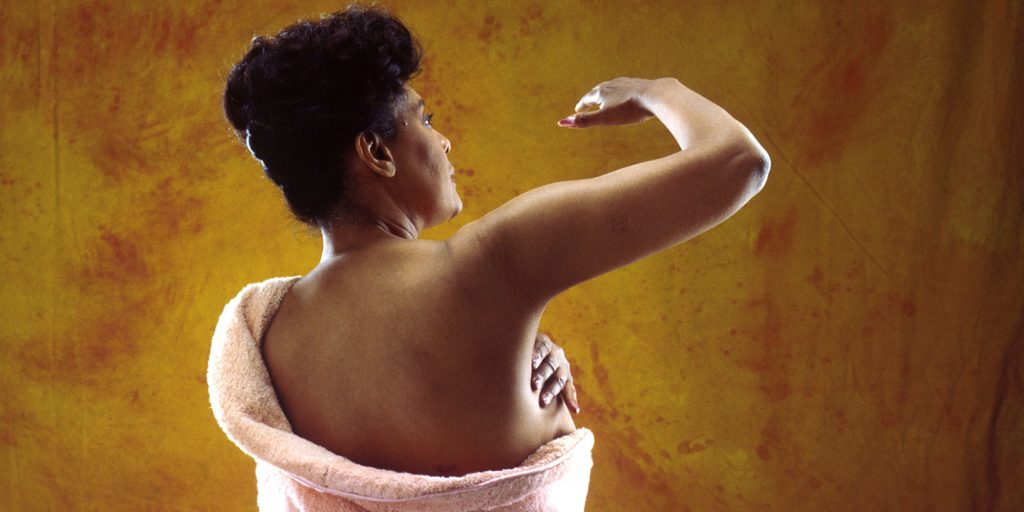
An Indian Robotic Surgeon at the Manipal Hospitals, Professor Dr Somashekhar SP, says about 40 per cent of breast cancer cases globally could be detected through breast self-examination (BSE) and it is important that women do not take the practice for granted.
BSE is a check-up a woman does at home looking for changes or problems in the breast tissue including possible lumps, distortions or swellings.
Prof Dr SP said “It is very important to understand the importance of BSE. Breast lumps are more likely to be detected early when self-examination is done on a regular basis. As a result, women are able to report the condition to a doctor at an earlier stage of disease.”
He said although there was no set age at which BSE should be initiated, women at the age of 20 should begin such exercises, he advised.
Prof. SP was speaking at a day’s workshop, organised by the Manipal Hospitals, India, in collaboration with the Ghana Journalists Association (GJA), to raise awareness on breast cancer as part of this year’s commemoration.
According to him, public sensitisation and advocacy on breast cancer to promote early detection and treatment could not be relegated as the world strived to reduce cases, among women.
“The World Health Organisation says 2.3 million women worldwide were diagnosed with breast cancer in 2020, with 6,850,000 fatalities. We need to constantly educate people about the most frequent diseases these says as well as prevention and treatment options,” Prof. Dr SP urged.
Medical Oncologist at the Hospital, Dr Peush Bajpai, said, BSE was crucial to save the lives of more women because it reduced delay in diagnosis, treatment and risk of deaths.
“The negative repercussions can have a wide-ranging impact on the patient’s life. With October being Breast Cancer Awareness Month, it is important for every one of us to make the necessary choices and start doing BSE once a month,” she urged.
Mrs. Linda Asante-Agyei, Vice-President of the GJA, said it was reassuring that although breast cancer could be fatal, it was curable especially if detected early.
“Women should be mindful of their bodies and know how to detect suspicious tumours and other breast cancer symptoms. Workshops and open discussions about breast cancer on a regular basis improve results and strengthen women’s health. For breast cancer awareness, this strategy is essential in primary healthcare facilities, district hospitals, and dedicated cancer centres.”
Mrs Asante-Agyei, said that as often as women self-examined their breast, they would “become more familiar to their body, understand what’s normal for them and become more aware when changes occur.”

